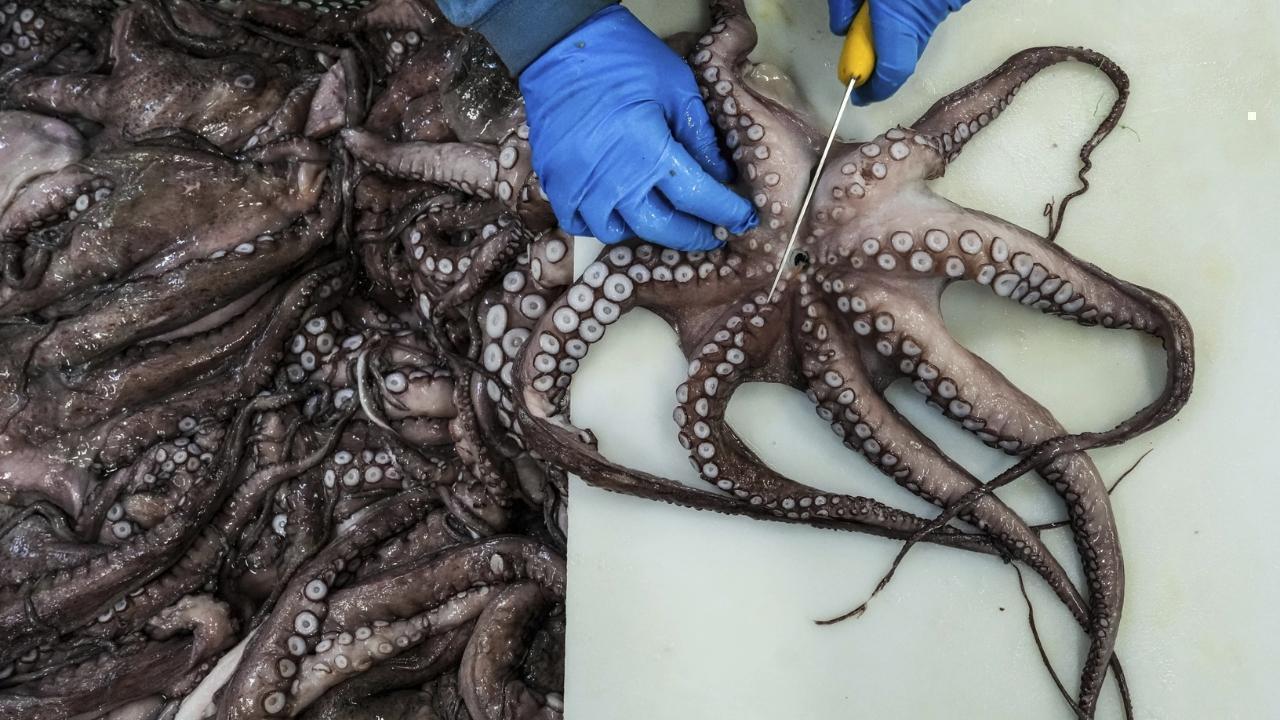
Post by :
Photo: AP
In recent years, Spain has become a central focus in the global conversation around octopus farming. As the global appetite for octopus continues to grow, and wild octopus numbers decline due to overfishing and environmental changes, Spain is exploring new ways to meet demand.
One of those ways is aquaculture—breeding octopuses in captivity for food. However, this approach has led to a heated debate over ethics, animal welfare, and the environmental consequences of farming such a highly intelligent and solitary animal.
Declining Wild Populations
Spain's coastal waters—especially near Galicia—have long been known for abundant octopus populations. Local fishing communities have relied on this catch for generations. But in recent decades, overfishing, pollution, and rising ocean temperatures have caused sharp declines in these once-thriving populations.
In an attempt to allow the wild octopus to recover, local fisheries have implemented temporary fishing bans and restrictions during key breeding seasons. Although these efforts have helped in some areas, the overall trend remains downward. These declining numbers are part of what’s pushing companies and the government to explore farming as a long-term solution.
Rise of Octopus Farming
To address the shortage of wild octopus, Spanish seafood companies such as Nueva Pescanova and Grupo Profand are pioneering efforts in octopus aquaculture. Their goal is to breed and raise octopuses in controlled environments, helping reduce the strain on wild populations while satisfying international demand.
One of the largest proposed octopus farms is set to be built in the Canary Islands. If approved, the facility would aim to produce as many as 3 million octopuses annually. Supporters of the plan believe that this could create jobs, support local economies, and offer a sustainable source of seafood—if done responsibly.
Ethical Concerns
Octopuses are not like fish or shrimp. They are widely considered one of the most intelligent invertebrates on Earth. They can solve puzzles, navigate mazes, use tools, and even escape from enclosures. In the wild, they are solitary and territorial. Farming them in confined spaces—especially in large numbers—raises serious animal welfare concerns.
Animal rights groups have been vocal in opposing octopus farms. They argue that raising such sensitive and intelligent creatures in captivity is inherently cruel. In current plans, octopuses would be housed in tanks, possibly with other octopuses, despite their known tendency for aggression toward one another when confined.
In the European Union, laws exist to protect the welfare of animals such as cows and chickens, but octopuses and other invertebrates are not included under these rules. This legal grey area has created frustration among activists, scientists, and even some consumers.
Environmental Impact
Beyond animal welfare, octopus farming raises significant environmental questions. Farming octopuses requires large amounts of clean, temperature-controlled seawater. This means high energy consumption and the potential release of waste or chemicals into surrounding ecosystems if not carefully managed.
Another major concern is feed. Octopuses are carnivores and require a protein-rich diet, usually made from fishmeal. Producing enough fishmeal involves catching large amounts of wild fish, which could worsen the strain on already overfished ocean populations.
Critics argue that rather than easing pressure on marine life, octopus farming could simply shift the problem from one species to another. If done without strict environmental controls, the impact could be widespread and difficult to reverse.
Regulatory Landscape
Despite the scale and ambition of the proposed octopus farms, there are currently no specific laws in Spain—or the wider European Union—that govern the welfare of octopuses in farming environments. This lack of regulation is at the heart of many of the protests and petitions now being seen across the country and online.
Animal rights organizations are calling for the government to halt farm development until better rules and protections are in place. In some parts of the world, such as the United States, lawmakers have already begun taking action. A few states have banned octopus farming outright, and proposals for federal legislation are under review.
Meanwhile, in Spain, opposition is growing. Environmental groups, marine biologists, and ethicists are urging authorities to pause and rethink the long-term consequences.
Economic Considerations
Supporters of octopus farming argue that it could play a key role in the future of seafood production. With global seafood demand rising and traditional fisheries under stress, aquaculture is often presented as a more controlled and sustainable option.
Some also point out that octopus farming could reduce reliance on land-based livestock, which are responsible for high greenhouse gas emissions. From this perspective, aquaculture might be a step toward more sustainable protein sources.
Still, there are questions about whether octopus farming can truly be economically viable. The costs of building and operating high-tech aquaculture facilities, feeding the animals, and ensuring biosecurity are all very high. Some experts believe the price of farmed octopus may be too expensive for most markets, at least for now.
Public Opinion
Public reaction to the idea of octopus farming is mixed. Some consumers see it as a smart solution to overfishing and are willing to try farmed octopus if it means protecting the oceans. Others, however, are deeply uncomfortable with the thought of farming such intelligent animals.
Surveys and petitions suggest growing awareness and concern, particularly among younger and environmentally conscious audiences. Many are calling for more transparency and public consultation before farms are approved and built.
The conversation is no longer just about food production—it’s about values. What kind of food systems do people want in the future? What role should animal welfare and environmental ethics play in how we feed ourselves?
Spain’s push toward commercial octopus farming is at the center of a much larger debate. At stake are questions of sustainability, ethics, economics, and animal welfare. While the idea of producing seafood without harming wild populations is appealing, the reality is complex and fraught with challenges.
As global demand for octopus continues to rise, the pressure to find alternatives to wild fishing is real. But without proper regulation, scientific oversight, and serious consideration for the creatures involved, octopus farming risks creating more problems than it solves.
The coming years will be critical. What Spain decides could shape global aquaculture practices for decades to come. Will the focus be on profit and production—or will sustainability and ethics lead the way?
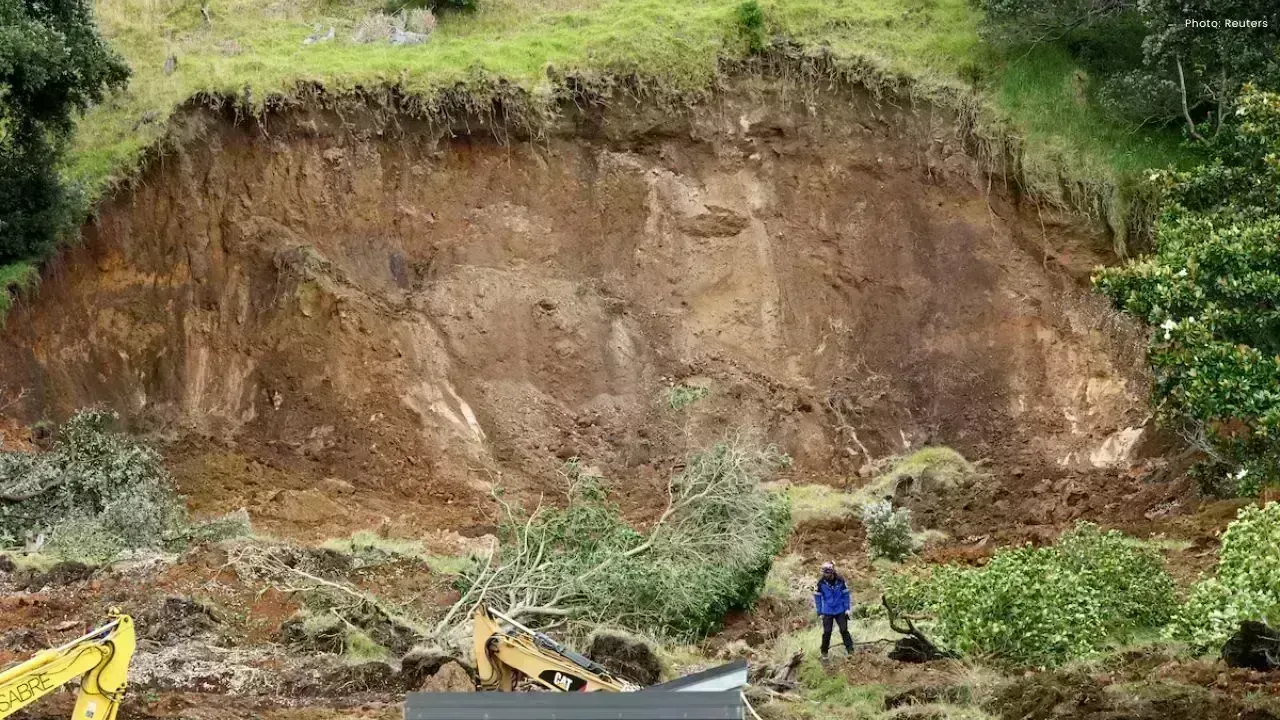




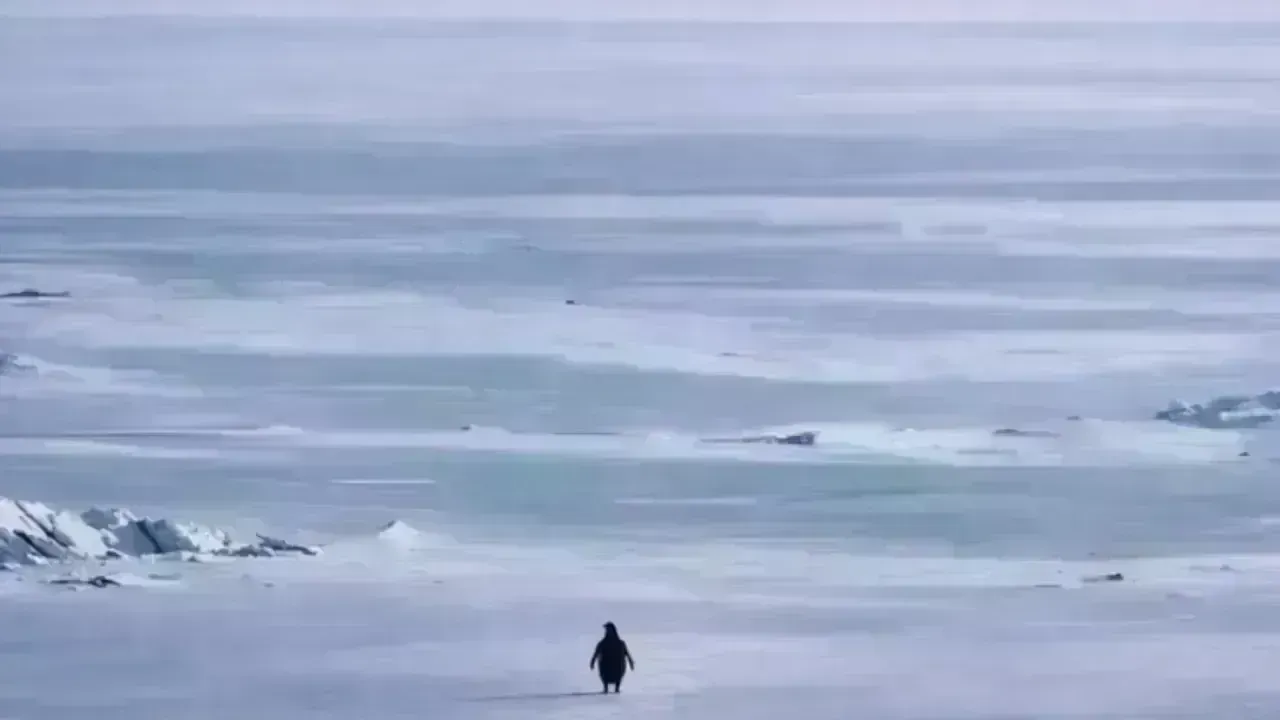

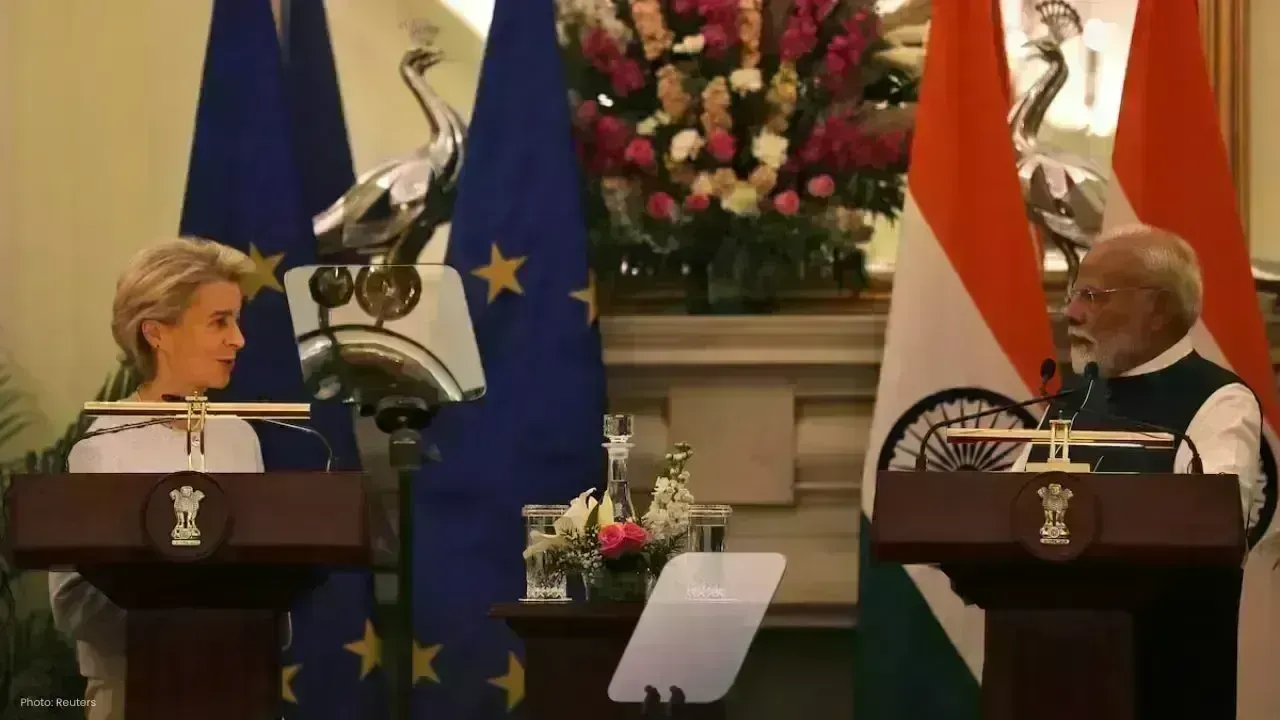
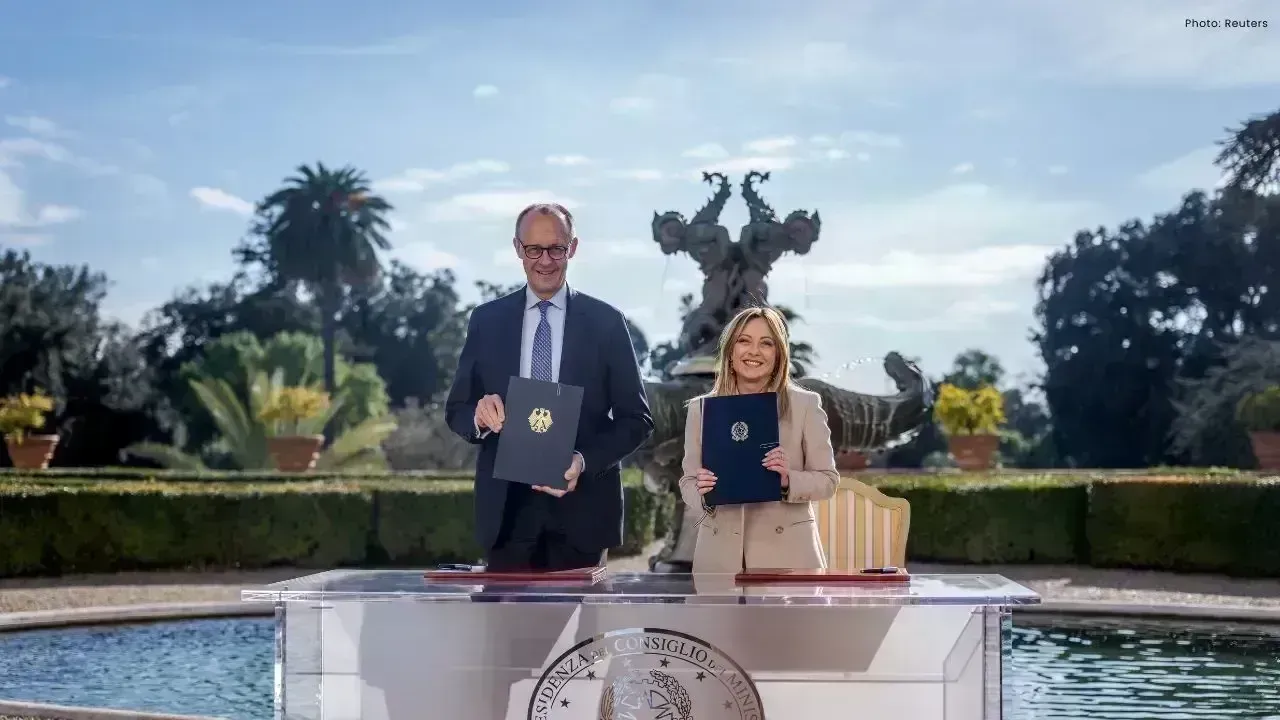

Georgia Shooting Claims Four Lives, One Indian National Among Victims
A Georgia shooting linked to a family dispute has left four individuals dead, including an Indian na

Trump Criticizes Canada Over Missile Defense Project
Trump condemned Canada for declining the 'Golden Dome' missile defense, warning of potential Chinese

Celtics Clinch Victory Over Nets in Double Overtime Showdown
In an intense double overtime match, the Celtics triumphed over the Nets, 130-126, thanks to Payton

Indian National Found Dead at Phuket Music Festival Amid Unexplained Circumstances
An Indian man tragically passed away at a music festival in Phuket, prompting investigations into th

Manchester City Secures Marc Guehi from Crystal Palace
Manchester City clinches a £20m deal for defender Marc Guehi from Crystal Palace, enhancing their sq

Japan's Early Election Triggers Surge in Bond Yields Amid Financial Unease
PM Takaichi's snap election aims to boost inflation; bond yields rise sharply as concerns over debt